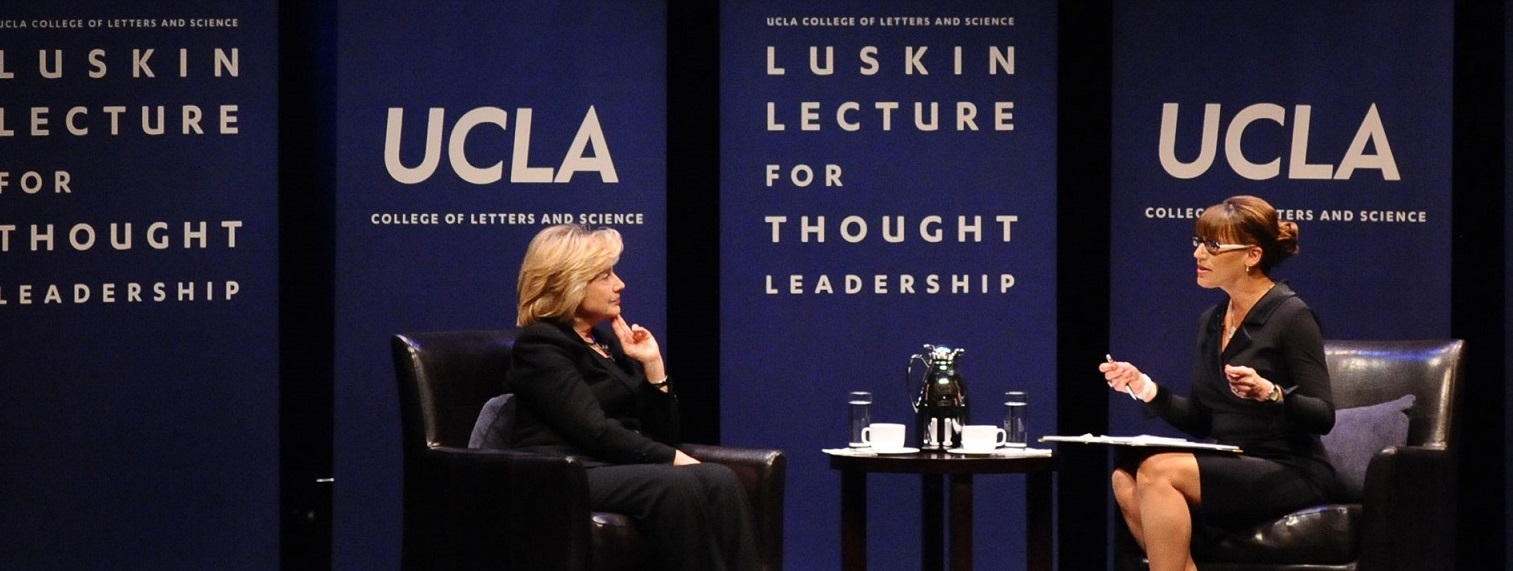
1. Start with skepticism
以自省的方式开始
We all want easy answers, but nutrition science is an imperfect and evolving field. The food research in our newsfeeds is often overhyped and misinterpreted or skewed by human error, scientific bias, and weak methodology. And when it is wrong, the stakes are high.
我们都希望得到简单的答案,但营养学还是一个不够完善且不断发展的领域。有关食品研究的新闻经常被人为错误、科学偏见和经不起推敲的方法夸大、误解或扭曲。一旦错误,就会引起高风险。
Take the ’80s advice to follow a low-fat diet. It triggered a billion-dollar industry of low-fat, high-sugar food with little nutritional value (remember SnackWell’s cookies?) and contributed to a public health crisis marked by skyrocketing rates of diabetes. “Telling people to follow a low-fat diet without paying attention to what was in that diet was one of the worst public health mistakes of the last 30 years,” says Frederick Hecht, M.D., the Osher Foundation Professor and director of research at the UC San Francisco Osher Center for Integrative Medicine. “We as a field have made huge mistakes. We need to better convey the limitations of current science when providing advice.”
80年代遵循的低脂饮食引发了价值10亿美元的低脂高糖食品产业,但营养价值微乎其微(还记得SnackWell饼干吗?)并导致了一场以糖尿病发病率飙升为特征的全民健康危机。“不关注饮食本身盲目遵循低脂是过去30年来最严重的全民健康危机之一,”奥舍基金会(the Osher Foundation)教授、加州大学旧金山分校综合医学奥舍中心(the UC San Francisco Osher Center for Integrative Medicine)的研究主任Frederick Hecht博士说。“在该领域,我们犯了巨大的错误。在提供建议时,我们还需要更完善地传达当前科学的局限性。”
2. Beware the Buzzwords
当心那些流行语

Companies excel at using healthy-sounding but meaningless buzzwords to get you to buy their products. They know this “health halo” can trick our brains into thinking their products are better for us than they really are. Of course, the best way to avoid this deception is to skip packaged foods altogether. But if you must buy the box or bottle, look for the facts behind the hype.
公司擅长用听起来健康却毫无意义的流行语推销他们的产品。他们知道,这种“健康光环”可以欺骗我们的大脑,让我们认为他们的产品比实际效果更好。当然,避免这种欺骗的最好方法是不买包装食品。但如果你必须购买盒装或者瓶装食物,就需要学会发现其炒作的部分。
Skip the supplements?
不吃营养品?
Supplements are big business. But unless you know you have a specific nutritional deficiency, supplements could be doing more harm than good. We just don’t know.
营养品是笔大生意。除非你确实有特殊的营养缺陷,否则盲目进补可能会有我们不能预见的危害。

3. Treat food as medicine
食疗
More than half of Americans are on at least one prescription medication, and most of our homes are bursting with over-the-counter pills, ointments, and syrups. It turns out, however, that your kitchen pantry and fridge are also key — as long as you fill them with the right stuff.
超过一半的美国人至少服用了一种处方药,同时我们的大多数家庭都在服用非处方药、软膏和糖浆。然而,事实证明,你的厨房储藏室和冰箱也是关键 -只要你装入正确的东西。
That’s why UCSF family physician Daphne Miller, M.D., not only asks all her new patients to bring in their vitamins and prescriptions, but also dives into what she says really matters: “We talk about what they eat.”
这就是为什么加州大学旧金山分校的家庭医生,医学博士Daphne Miller不仅要求她所有的新病人带上维生素和处方,还深入探讨她觉得真正重要的内容:“我们谈论他们吃什么。”
Miller, who spent years traveling and researching the healthiest regions around the globe, wrote her first book, “The Jungle Effect,” on the traditional diets and recipes that had kept those communities healthy for generations. In the process, she came to see the dramatic link between certain diets and a striking lack of chronic diseases, including heart disease, depression, diabetes, colon cancer, breast cancer, and prostate cancer.
Miller花了数年时间旅行和研究世界上最健康的地区,写下她的第一本书《丛林效应》,这本书讲述了那些保持他们世代健康的传统饮食和食谱。在其中,她看到了某些饮食和各种慢性病间存在明显巨大联系,包括心脏病、抑郁症、糖尿病、结肠癌、乳腺癌和前列腺癌。

The “food-as-medicine” movement Miller represents is hardly new. But recent studies by the renowned UCSF food-policy expert Hilary Seligman, M.D., MAS ’06, and her collaborators have begun to rigorously evaluate outcomes of programs through which doctors “prescribe” increased access to healthy foods. In 2017, the UCSF team found that sick patients who got special meals for six months suffered less depression, were less likely to make trade-offs between food and health care, and were more likely to stick with their medications.
Miller 所代表的“食疗”运动并不是什么新鲜事。但是,著名的加州大学旧金山分校食品政策专家医学博士Hilary Seligman和她的合作者最近的研究已经开始严格评估项目的结果。通过这些项目,医生可以“开出”更多的健康食品。2017年,加州大学旧金山分校的研究小组发现,连续进食6个月特殊膳食的病人更不容易患抑郁症,但大多数人在食物和医疗保健之间做出权衡的可能性较小,更有可能选择坚持服药。
While the effectiveness of such programs needs more study, researchers from Tufts University have calculated that providing insurance coverage for healthy food to patients could prevent as many as 3.3 million cardiac conditions and save more than $100 billion in health care costs.
尽管这些方法是否有效还需更多研究,但塔夫茨大学(Tufts University)的研究人员已经计算出,病人食用健康食品可以有效预防心脏疾病多达330万例,并节省超过1000亿美元的医疗保健费用。
What’s more, the idea of fighting chronic disease through diet has already entered the mainstream. And perhaps no disease is more closely associated with “food as medicine” than cancer. According to UCSF integrative oncologist Donald Abrams, M.D., nearly half of all cancer patients pursue popular diets, such as the alkaline, Paleolithic, ketogenic, vegan, or macrobiotic regimens, in the hope of improving their survival and preventing a recurrence.
更重要的是,饮食对抗慢性病的想法已经进入主流。也许没有哪一种疾病比癌症与“食疗”的关系更密切。根据加州大学旧金山分校综合肿瘤学家医学博士Donald Abrams的说法,将近一半的癌症患者遵从时下流行食谱,如碱性饮食、旧石器时代饮食、生酮疗法、纯素疗法或长生疗法,希望以此提高他们的生存率,防止癌症复发。
However, writing in the online journal Oncology, Abrams and his co-authors caution that these diets can introduce nutrient insufficiencies or even eliminate foods proven to be beneficial for cancer prevention and general health. They point out that most of these diets have positive aspects, but that physicians should encourage dietary changes that emphasize the positive features of these popular diets while correcting for their faults .
然而,Abrams和他的合著者在在线期刊《肿瘤学》上发表文章时警告说,这些食谱可能会导致营养不良,甚至质疑被证实对癌症预防和一般健康有益的食物。他们指出,这些食物大多数有积极作用,但医生应该鼓励饮食多样性,既要强调这些流行食谱的积极性,同时纠正其缺陷。





